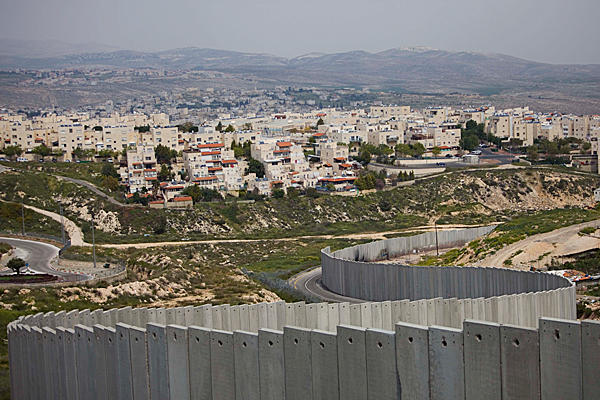Category: Reports
-
Firms active in the settlements are facilitating abuses of human rights – UN report says
24th January 2014 | European Coordination of Committees and Associations for Palestine | Brussels, Belgium The UN report is the result of a mission investigating Israeli settlements in the West Bank, including East Jerusalem. Information gathered by the mission shows that private firms have enabled, facilitated and profited, directly and indirectly, from the construction and growth of the…
-
Photos and video: Israeli forces’ gunfire blocks Palestinian farmland in Gaza
22nd January 2014 | Resistenza Quotidiana, Sil | Gaza, Occupied Palestine Since the Zionist occupation forces’ bulldozers had destroyed part of Khaled Qudaih’s field in Khuza’a, east of Khan Younis, he and his family went out to sow it again. The military responded with about half an hour of gunfire, threatening to strike Qudaih directly if he had not…
-
Photos: Rally to save sick prisoner Ibrahim Bitar follows Gaza sit-in for detainees
20th January 2014 | International Solidarity Movement, Gaza Team | Gaza, Occupied Palestine Dozens of Palestinians joined a rally organized by the Popular Campaign to Save the Life of the Captive Patient Ibrahim Bitar outside the International Committee of the Red Cross’ Gaza office this morning. The gathering followed a weekly sit-in by families and supporters…



